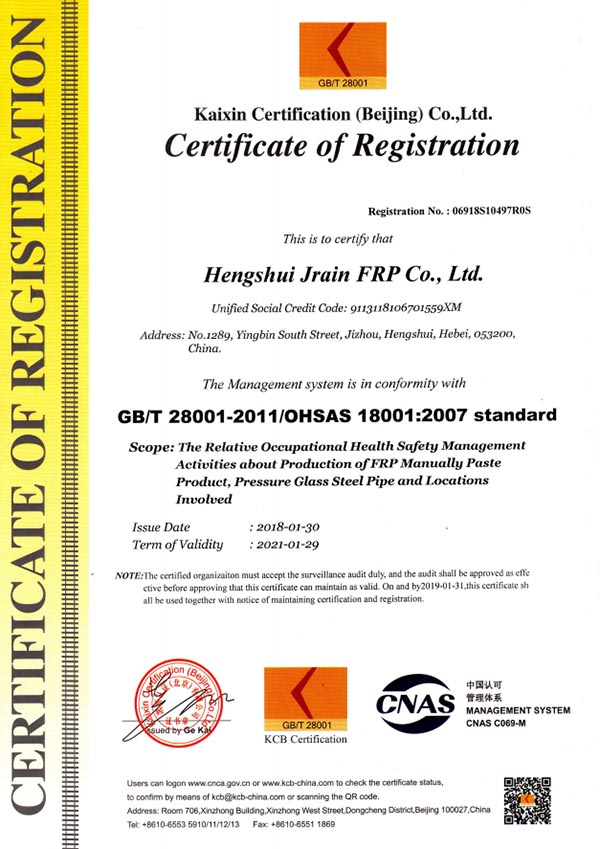
-
 Afrikaans
Afrikaans -
 Albanian
Albanian -
 Amharic
Amharic -
 Arabic
Arabic -
 Armenian
Armenian -
 Azerbaijani
Azerbaijani -
 Basque
Basque -
 Belarusian
Belarusian -
 Bengali
Bengali -
 Bosnian
Bosnian -
 Bulgarian
Bulgarian -
 Catalan
Catalan -
 Cebuano
Cebuano -
 China
China -
 China (Taiwan)
China (Taiwan) -
 Corsican
Corsican -
 Croatian
Croatian -
 Czech
Czech -
 Danish
Danish -
 Dutch
Dutch -
 English
English -
 Esperanto
Esperanto -
 Estonian
Estonian -
 Finnish
Finnish -
 French
French -
 Frisian
Frisian -
 Galician
Galician -
 Georgian
Georgian -
 German
German -
 Greek
Greek -
 Gujarati
Gujarati -
 Haitian Creole
Haitian Creole -
 hausa
hausa -
 hawaiian
hawaiian -
 Hebrew
Hebrew -
 Hindi
Hindi -
 Miao
Miao -
 Hungarian
Hungarian -
 Icelandic
Icelandic -
 igbo
igbo -
 Indonesian
Indonesian -
 irish
irish -
 Italian
Italian -
 Japanese
Japanese -
 Javanese
Javanese -
 Kannada
Kannada -
 kazakh
kazakh -
 Khmer
Khmer -
 Rwandese
Rwandese -
 Korean
Korean -
 Kurdish
Kurdish -
 Kyrgyz
Kyrgyz -
 Lao
Lao -
 Latin
Latin -
 Latvian
Latvian -
 Lithuanian
Lithuanian -
 Luxembourgish
Luxembourgish -
 Macedonian
Macedonian -
 Malgashi
Malgashi -
 Malay
Malay -
 Malayalam
Malayalam -
 Maltese
Maltese -
 Maori
Maori -
 Marathi
Marathi -
 Mongolian
Mongolian -
 Myanmar
Myanmar -
 Nepali
Nepali -
 Norwegian
Norwegian -
 Norwegian
Norwegian -
 Occitan
Occitan -
 Pashto
Pashto -
 Persian
Persian -
 Polish
Polish -
 Portuguese
Portuguese -
 Punjabi
Punjabi -
 Romanian
Romanian -
 Russian
Russian -
 Samoan
Samoan -
 Scottish Gaelic
Scottish Gaelic -
 Serbian
Serbian -
 Sesotho
Sesotho -
 Shona
Shona -
 Sindhi
Sindhi -
 Sinhala
Sinhala -
 Slovak
Slovak -
 Slovenian
Slovenian -
 Somali
Somali -
 Spanish
Spanish -
 Sundanese
Sundanese -
 Swahili
Swahili -
 Swedish
Swedish -
 Tagalog
Tagalog -
 Tajik
Tajik -
 Tamil
Tamil -
 Tatar
Tatar -
 Telugu
Telugu -
 Thai
Thai -
 Turkish
Turkish -
 Turkmen
Turkmen -
 Ukrainian
Ukrainian -
 Urdu
Urdu -
 Uighur
Uighur -
 Uzbek
Uzbek -
 Vietnamese
Vietnamese -
 Welsh
Welsh -
 Bantu
Bantu -
 Yiddish
Yiddish -
 Yoruba
Yoruba -
 Zulu
Zulu
frp demister
Understanding FRP Demisters An Essential Component in Process Engineering
FRP (Fiber Reinforced Plastic) demisters play a critical role in various industrial applications, particularly in process engineering. These devices are specifically designed to remove entrained liquid droplets from gas streams, ensuring that the gases are purified before undergoing subsequent processes. Although their function may seem simple, the implications of using high-quality demisters are profound, affecting efficiency, safety, and the environmental impact of industrial operations.
What is an FRP Demister?
An FRP demister is typically used in environments where gases are formed in industrial processes, such as petrochemical plants, oil refineries, and power generation facilities. It is constructed from fiberglass-reinforced resin, which makes it both lightweight and resistant to a wide range of chemicals. This resistance to corrosion is one of the key advantages of FRP materials, as many industrial environments can be harsh and detrimental to standard metal components.
FRP demisters operate by utilizing a series of coalescing elements that capture and combine small liquid droplets present in the gas stream. As the gas flows through the demister, these droplets coalesce into larger droplets due to the surface tension and the designed flow path. Once the droplets become large enough, gravity pulls them down into a collection area, allowing clean gas to exit the system.
Why Choose FRP?
The choice of FRP as a material for demisters is not arbitrary but rather based on several advantageous properties
1. Corrosion Resistance FRP is resistant to many corrosive substances, which is crucial in environments where gases can contain harmful or aggressive chemicals.
2. Lightweight FRP demisters are significantly lighter than their metal counterparts, making them easier to install and maintain.
3. High Strength Despite being lightweight, FRP materials offer high resistance to mechanical stress, ensuring longevity and reliability in demanding environments.
frp demister

4. Thermal Insulation FRP provides excellent thermal insulation, which can help in maintaining the temperature of the processes occurring downstream.
Applications of FRP Demisters
FRP demisters find utility in diverse applications across various industries. In the oil and gas sector, they are employed to ensure that the natural gas extracted from the earth is free from entrained liquids, which can lead to pipeline corrosion and operational issues. In power plants, demisters help in cooling and drying exhaust gases, preventing damage to turbines and improving overall efficiency.
Moreover, FRP demisters are also employed in waste treatment facilities, where they prevent contamination of the air with harmful vapors or mists, thereby protecting both the environment and public health.
Benefits of Using FRP Demisters
Incorporating FRP demisters into industrial processes offers several benefits. Firstly, they help enhance overall process efficiency by ensuring cleaner gas outputs, which can contribute to higher-quality end products. Secondly, they minimize equipment maintenance because the reduced moisture content leads to less corrosion and wear on downstream components. This longevity can result in significant cost savings for operational budgets.
Additionally, by reducing the release of harmful vapors into the atmosphere, FRP demisters contribute positively to environmental protection efforts. Industries face rigorous regulations concerning emissions, and effective demisters assist companies in complying with environmental standards, promoting sustainability.
Conclusion
In summary, FRP demisters are an indispensable component in the realm of industrial processing. Their unique properties and benefits make them optimal choices for applications where gas purification is necessary. As industries continue to prioritize efficiency and environmental responsibility, the demand for effective solutions such as FRP demisters will undoubtedly rise, cementing their place in the future of process engineering. Adopting such advanced technologies not only ensures compliance with industrial standards but also fosters a culture of innovation and sustainability within the industry.









